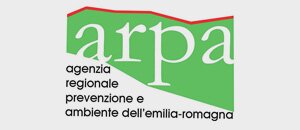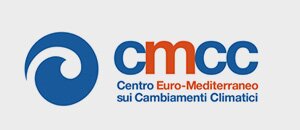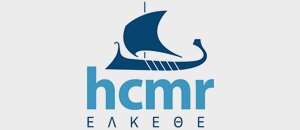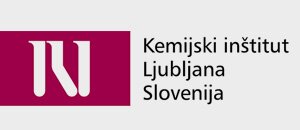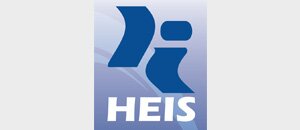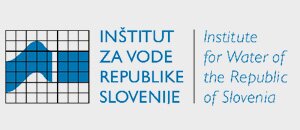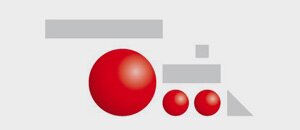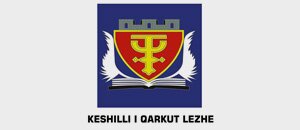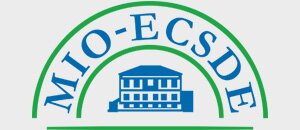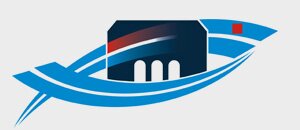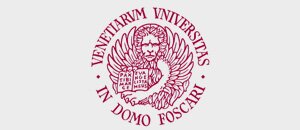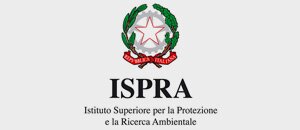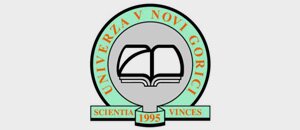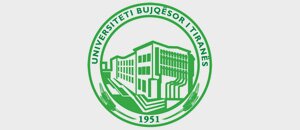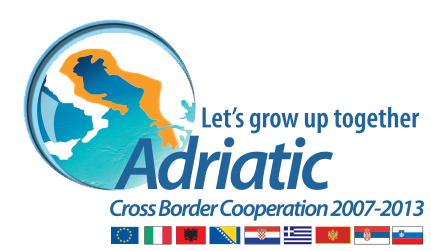
Within the framework of the DeFishGear project, MIO-ECSDE carried out its last set of beach litter surveys in Thesprotia, Greece, on 12-15 January 2016. Extraordinary observations were made at the site of Arrilas beach, where large amounts of microplastics, mainly polysterene microparticles from fish boxes were recorded. These observations will be included in the results of the pilot ‘monitoring’ activity on amounts, composition and potential impacts of marine litter, expected to be published early in 2016.
The previous sets of surveys took place in winter (November 2014), spring (March 2015) and summer (July 2015). Based on the beach monitoring methodology prepared by MIO-ECSDE in collaboration with other DeFishGear partners, six sites were selected taking into consideration their location (vicinity to ports, river mouths, tourist destinations, coastal urban areas, remote areas) and other features related to morphology, accessibility, etc. The sites – located at Valtos (Parga), Arrila beach (Perdika), Mega Ammos (Syvota), Drepano (Igoumenitsa), Kalamas estuary and Sagiada beach – were also chosen because of the input received from the Management Body of Kalamas – Acherontas Rivers, who also granted the MIO-ECSDE team with the necessary permission to perform the surveys in three locations within the protected area.
The results of the one-year-long beach litter surveys will contribute to the identification of risks in the area related to litter that ends up in the marine environment originating from different on- and off-shore human activities (e.g. inadequate urban solid waste management at all stages, discharge of untreated municipal sewage, commercial fishing, etc.) and will subsequently facilitate the work of the Management Body, as well as of the local authorities to identify prevention and mitigation actions to tackle marine litter. It should be noted that MIO-ECSDE and Accademia del Leviatano have undertaken floating litter surveys in the area, while the other Greek DeFishGear partner, the Hellenic Centre for Marine Research, is carrying out marine litter monitoring activities on beaches, seafloor and biota in the area of Corfu.
For more info contact: Thomais Vlachogianni, This email address is being protected from spambots. You need JavaScript enabled to view it.

Chioggia is one of the most important Italian fishing harbors and many people are involved in fishing activities, but the consciousness about marine litter related problems is low (source, effects, etc.). Therefore, the DeFishGear project partner - Institute for Environmental Protection and Research - ISPRA, organised a theoretical and practical course on marine litter for the children from the Primary School ‘M. Merlin’ of Chioggia, in order to raise awareness of marine litter related problems to new generations.
The aim was to promote appropriate behavior of students and their relatives in order to reduce marine litter, and to foster the Fishing for Litter pilot activity, which started in Chioggia in March 2015. The course was structured in four parts:
- The first part consisted of 2 lessons in the classroom dealing with general information on marine litter (what is marine litter, how and why litter reaches the sea, endpoint of marine litter). The Marlisco video Sources and Impacts of Marine Litter by Jane Lee was shown.
- The second part of the course titled “Hunting for Marine Litter”, consisted of a beach litter survey. A beach close to the school was chosen because it is the place where most children spend their summer time. Children were divided into four teams. Each team collected and classified marine litter into a designated sampling area (3 m2) using a simplified DFG monitoring sheet, specifically prepared for this purpose. The number of categories of the DFG monitoring sheet were reduced, emphasizing the items that children could easily recognize and that were part of their normal life (toys, cigarette butts, pens, etc.). Children were invited to identify litter material at first (plastic, rubber, glass, etc.), and then put the items in the correct categories. The weight of different materials was also recorded. After the survey, teachers worked with the students to prepare graphs for each macro category, and most frequent items were identified. ISPRA staff joined the class for a special lesson dedicated to data analysis and to the identification of main sources of litter they collected.
- The third part of the course was dedicated to marine litter effects on marine life, ecosystems, human health, and to its economic impact. Individual behaviors were analyzed and the correct ones were pointed out. A video about Fishing for Litter pilot activity in Chioggia was shown as an example of a good practice to reduce marine litter sunken on the sea floor. The children were very impressed with everything presented to them.
- The fourth and last part of the course is still under way. Children and their teachers were encouraged to develop posters about marine litter to sensitize people to marine litter related problems, and to encourage correct behavior. Two drawings done by the students were selected to become the image printed on the t-shirts that will be distributed to the students at the end of the course like a DFG gadget. The posters will be placed in some of the most popular tourist beaches in Chioggia during summer. In June, the students and their teachers and relatives, will meet fishermen involved in Fishing for Litter activity at the disposal point in the commercial harbor. The Harbor Master, representatives of the Municipality of Chioggia, as well as the representatives of the multi-utility in charge of litter management (Veritas srl) will participate as well. Fishermen will show FFL activity to children in order to give an idea of the amounts of litter laying on the sea floor and the importance of such initiative. Children will sing two songs about fishermen and marine litter and will show their posters. They will also deliver special diplomas to the "Fishing for Litter Boats". Aluminum bottles with the message “Less plastic bottles more marine life” will be distributed to all participants.
We will come back soon with more details of this activity!
For more information about the course, please contact Ms Tiziana Chieruzzi via e-mail: This email address is being protected from spambots. You need JavaScript enabled to view it.

"Poletje ob Soči" Summer School July-August 2014
"Poletje ob Soči" Summer School July-August 2014, which in the period from June 30th to August 22nd has attracted between 250-300 Elementary School children from Slovenia, Italy and Bosnia and Herzegovina this year, has refreshed its repertoar with DeFishGear related activities for children.
DeFishGear project partner (University of Nova Gorica) introduced daily "Ecological Minutes" - interactive, educational and amusing activity during which children had the opportunity to learn something new and exciting about the wonderful world of nature and environmental protection.
The highlight of this year's Summer School was definitely marine litter pollution with the emphasis on the impact of plastic pollution on soils, surface waters, seas, oceans and marine organisms (fish, turtles and sea birds). The overarching activity, which will bind all the environmental protection awareness raising activities, including DeFishGear related activities within the Summer School, will be the Art Competition “The Story of a Plastic Bag”, where the best drawings will become illustrations for the children story book.


